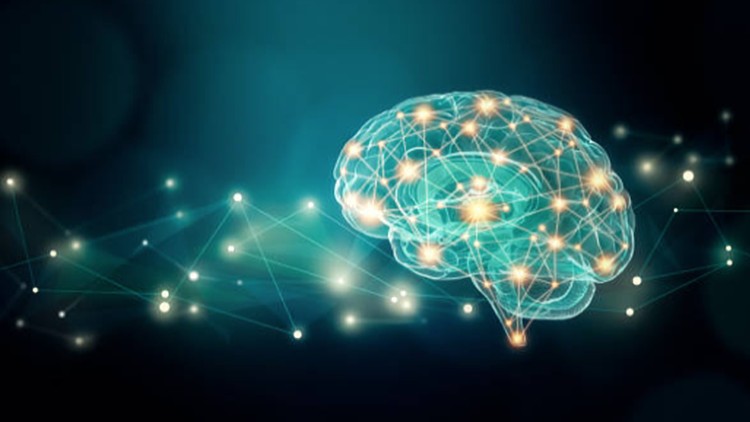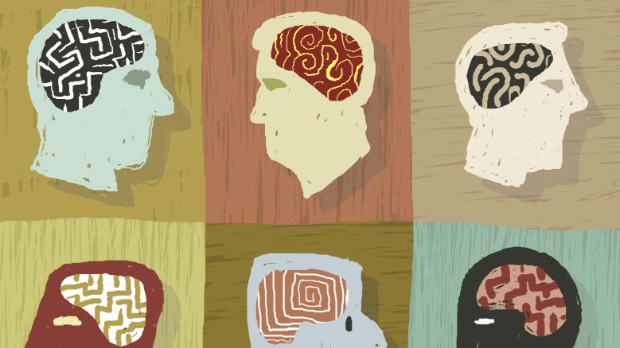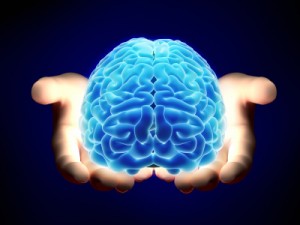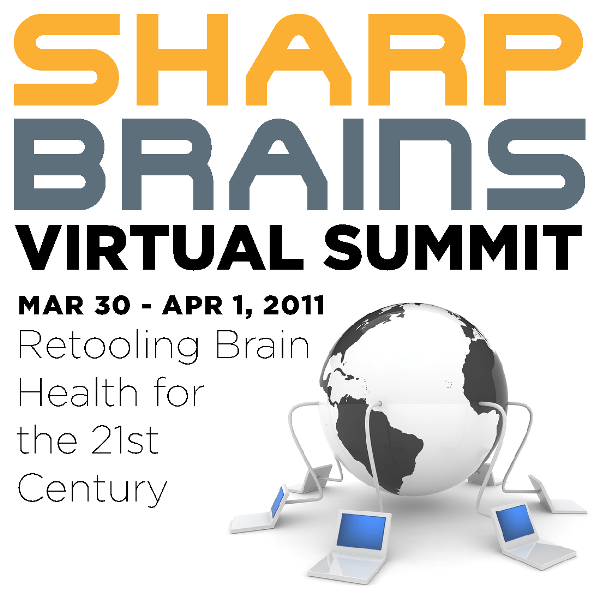Posts Tagged ‘stay-sharp’
Update: A life of cognitive and physical exercise helps you stay sharp in your 70s and beyond
Welcome to a new edition of SharpBrains’ e‑newsletter, featuring 13 fascinating brain research findings, useful resources–and a brain teaser to test your attention skills. #1. Good news of the month: Elders today are in significantly better shape–physically and cognitively–than three decades ago #2. A distinction WITH a difference: Actual, sustained practice–not mere knowledge–is needed to…
Read MoreBrain teasers and tips to stay sharp in between jobs (and when you have one too)
. 7 WAYS TO STAY PRODUCTIVE WHEN YOU’RE IN BETWEEN JOBS (Fast Company): “Sure, you didn’t plan on being on permanent vacation, a.k.a. unemployed, but here you are. And believe it or not, this can be a blessing in disguise… 3. VOLUNTEER AT AN UPCOMING INDUSTRY CONFERENCE. Research any associations in your industry that might…
Read MoreThe Ten Habits of a Sharp Brain
As our final article for 2011, let us repurpose one of SharpBrains’ most popular blog posts since 2006. It may give you a few pointers to sharpen those New Years Resolutions. Let’s summarize some lifestyle guidelines we can all follow to enhance and maintain a sharp brain through life… Learn what is the “It” in…
Read MoreAARP’s Best Brain Fitness Books
We are honored to announce that AARP has included our very own book The SharpBrains Guide to Brain Fitness (182 pages; $14.95) in its new List of Best Books on Brain Fitness, which will be unveiled during AARP’s upcoming Life@50 National Event. We hope this list will help many more individuals and institutions learn about…
Read MoreLast 33 Hours to Register/ US Asst. Secretary of Adult Education to Open 2011 SharpBrains Summit
Registration to participate in 2011 SharpBrains Virtual Summit closes tomorrow Tuesday, March 29th, at 1pm US Pacific Time/ 4pm US Eastern Time. If you are planning to attend, please Register Now. — We are honored to announce that Dr. Brenda Dann-Messier, US Department of Education’s Assistant Secretary for Vocational and Adult Education, will open 2011…
Read MoreKindle version of The SharpBrains Guide to Brain Fitness
Given the fact I love Kindle, and some of our Twitter friends had been asking for a Kindle version of our new book The SharpBrains Guide to Brain Fitness…well, here it is: Amazon.com: The SharpBrains Guide to Brain Fitness (Kindle Edition, $9.99) The book has also received two excellent new endorsements: “Kudos for an excellent resource!…
Read More




